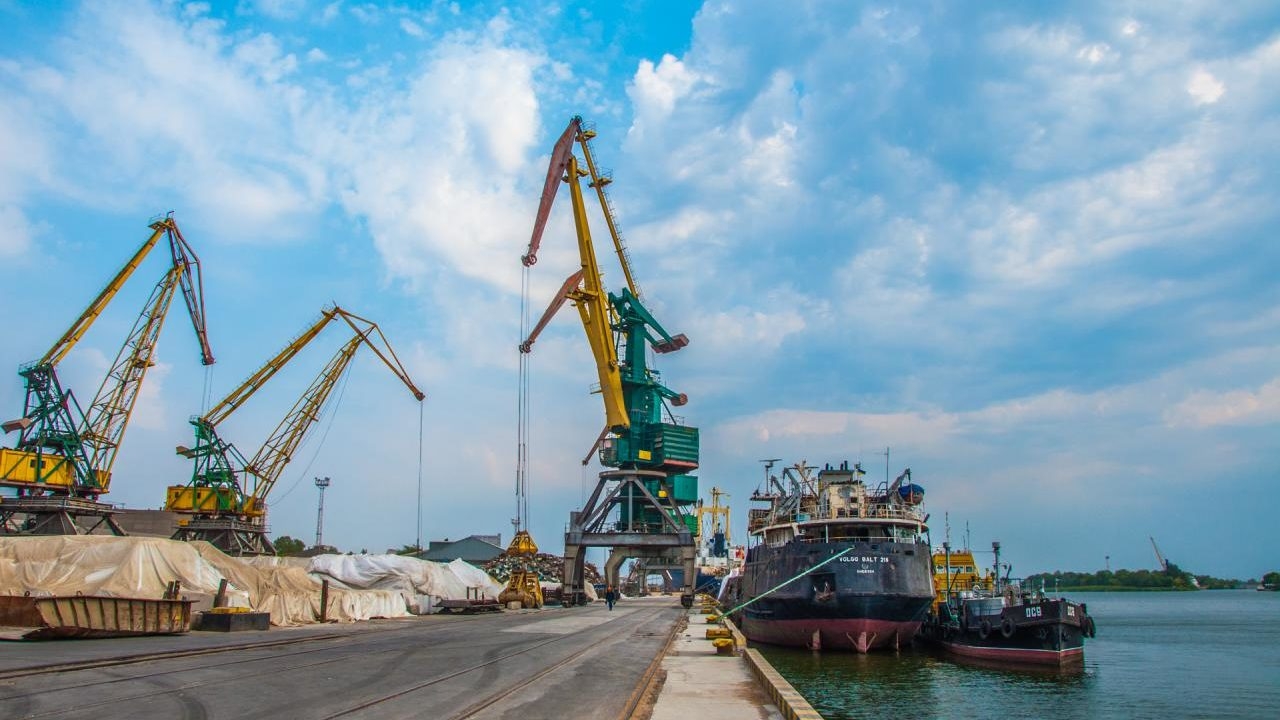To stop the export of grain from Ukraine, the Russian Federation delays the passage of ships to ports and attacks energy facilities in Odesa

Against the background of failures on the battlefield, the Russian Federation continues to block the export of grain from Ukraine in order to cause maximum economic losses. On the morning of January 26, missiles were fired at the energy infrastructure of Ukraine. Air defense forces managed to shoot down 47 of the 55 missiles fired, but several energy facilities in Odesa, Vinnytsia and Kyiv regions were damaged.
Emergency power outages occurred in Odesa after the missile attack, and most of the ports of greater Odesa stopped working for 3-5 days due to lack of power supply.
In January, the average number of ships leaving the ports of Ukraine decreased to 2.7 per day. This is 2-3 ships per day and is the lowest figure for the entire period of the "grain initiative", as Russian representatives in the SCC continue to block ship inspections.
In January, only 2.4 million tons of grain were exported from Ukrainian ports through the grain corridor, while in September and October exports reached 4 million tons.
"The delegation of the Russian Federation, without any explanation, reduced the number of inspection teams from 5 to 3 and artificially increased the inspection time, checking the performance indicators of vessels that are not regulated by the SCC documents and do not relate to the grain agreement at all. Now the inspection of the vessel lasts from 4 hours, and 5-7 inspections take place per day, while the minimum required is 16-18. Russians repeatedly refused to work at all for invented reasons, although other parties of the SCC confirmed the conditions for carrying out inspections", - said the representative of Ukraine in the SCC, Ruslan Sahautdinov.
Starting from October, when Ukraine was able to increase the volume of grain exports, the Russian delegation at the SCC began to artificially slow down inspections. As a result, in December, the queue of ships in the Bosphorus awaiting inspection by the SCC grew to 120 vessels as a result of deliberate sabotage by representatives of the Russian Federation. The average waiting time is 2-5 weeks, which causes millions of losses to cargo owners.
The problem can be solved by increasing the number of inspectors. So, in November 2022, when the queue in the Bosphorus was more than 200 ships, Turkey and the UN independently conducted 86 inspections in two days, proving that this is quite real.


